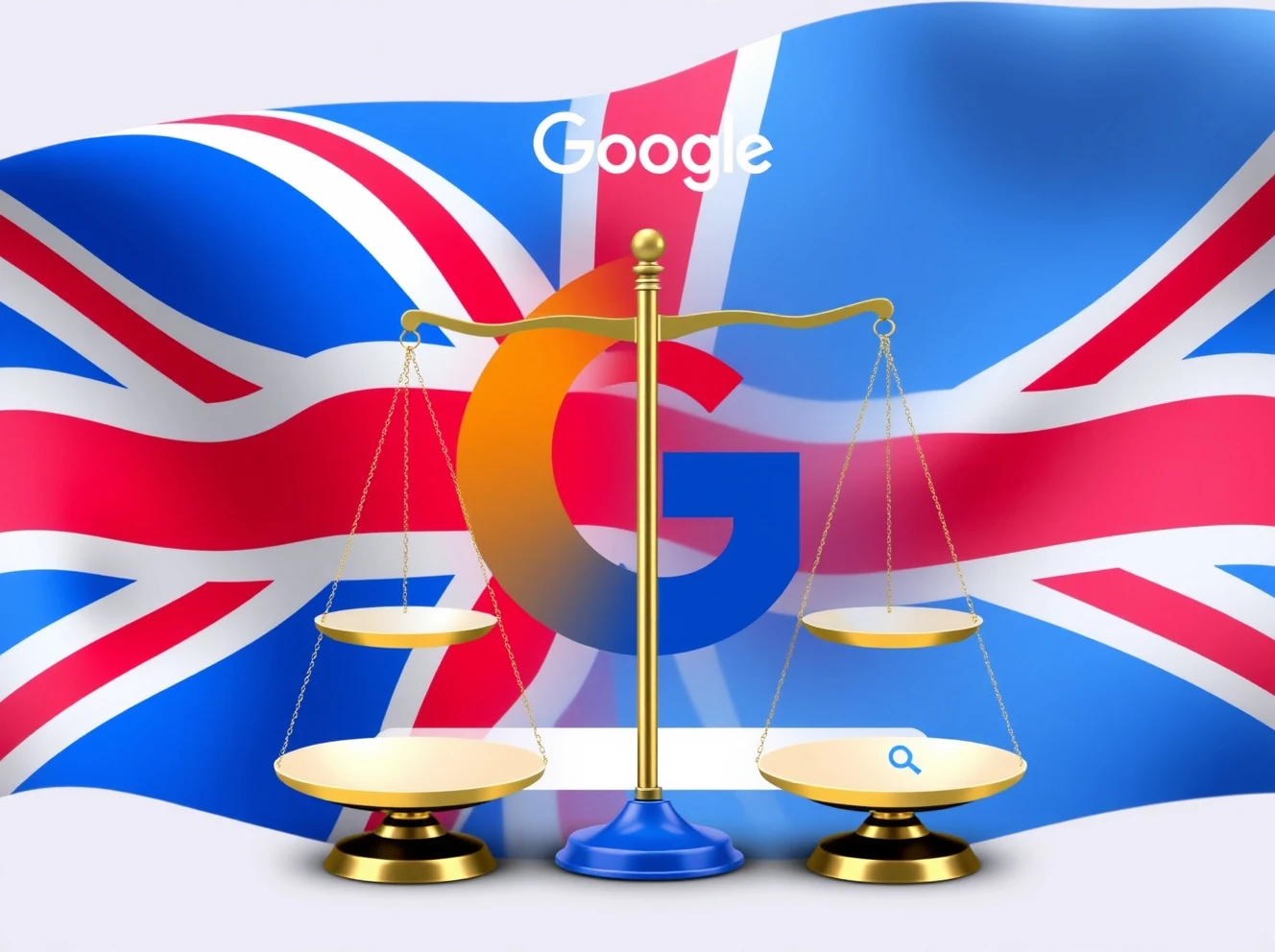British regulators have taken decisive action that could fundamentally transform how millions of users experience online search. The Competition and Markets Authority’s landmark decision positions Google for significant operational changes across its dominant search platform.
Strategic Market Status Reshapes Google Search Operations
The Competition and Markets Authority granted Google “strategic market status” under the Digital Markets, Competition and Consumers Act. Consequently, this designation provides regulators with sweeping new enforcement powers. The CMA can now impose legally binding rules on Google’s search and advertising businesses. These operations account for over 90% of all online searches conducted in the United Kingdom.
Potential Changes to Search Operations
Under the new regulatory framework, Google may face several mandatory requirements:
- Choice screens offering alternative search engines
- Greater transparency in search ranking algorithms
- Enhanced publisher control over content display and monetization
- Restrictions on data sharing across advertising platforms
- Increased oversight of AI integration in products
Regulatory Objectives and Industry Response
Will Hayter, who leads the CMA’s digital markets unit, emphasized the move reflects Google’s established market dominance. “Google maintains a strategic position in the search and search advertising sector,” Hayter stated. The regulator aims to ensure fairer competition while fostering innovation in the UK’s £20 billion online advertising market.
However, Google expressed concerns about potential negative impacts. Oliver Bethell, Google’s senior director for competition, warned that unclear rules could inhibit innovation. “Many interventions would slow UK innovation and growth,” Bethell cautioned. The company specifically highlighted potential delays in AI-driven product launches.
Broader Implications for Digital Markets
This development represents Britain’s first major post-Brexit digital regulation test. The UK approach diverges from both the EU’s Digital Markets Act and US enforcement methods. Other tech giants including Meta, Amazon, and Apple are closely monitoring the outcome. The CMA will consult on specific remedies throughout 2025, with formal proposals expected later in the year.
Officials stress the regime aims to benefit both consumers and competitors. “Our role promotes competition and innovation rather than stifling it,” a CMA spokesperson clarified. The regulator maintains that successful companies won’t face punishment under the new framework.
Frequently Asked Questions
What does “strategic market status” mean for Google?
Strategic market status designates Google as having entrenched market power. This triggers enhanced regulatory oversight and potential operational requirements.
How will these changes affect UK search users?
Users may see choice screens offering alternative search engines. They should experience greater transparency in how search results get ranked and displayed.
When will the new rules take effect?
The CMA will consult on remedies throughout 2025. Formal proposals and implementation timelines will emerge later in the year.
Could this impact Google’s AI development in the UK?
Google warns that unclear regulations might slow AI innovation. However, regulators aim to balance competition concerns with technological advancement.
Are other tech companies facing similar scrutiny?
Yes, Meta, Amazon, and Apple are watching developments closely. They could face similar designations under the UK’s new regulatory framework.
How does this differ from EU digital regulations?
The UK approach represents a distinct post-Brexit framework. It differs from both the EU Digital Markets Act and US enforcement strategies.


